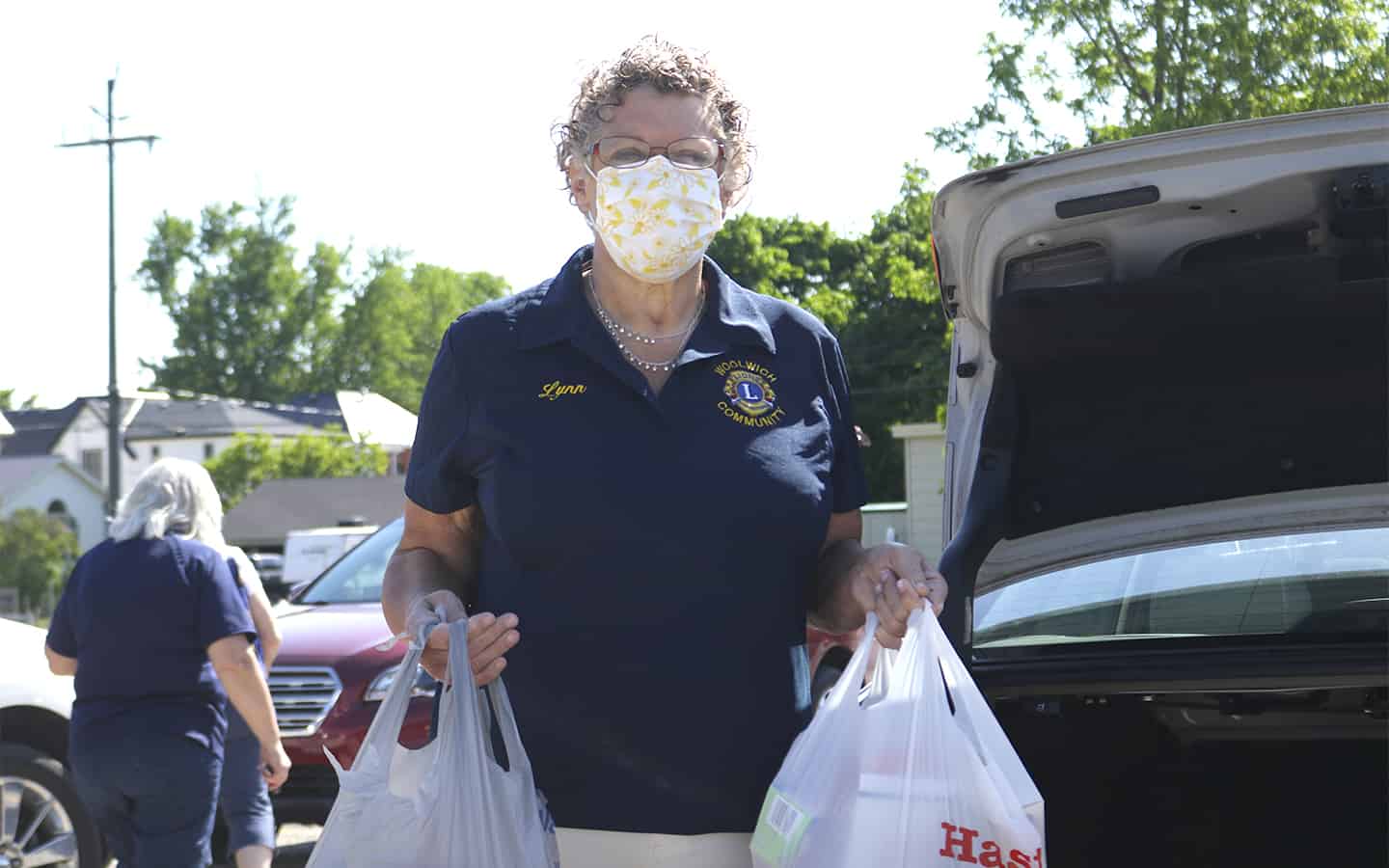Fight or flight are two instincts we experience during times of stress, with many obstacles and changes present during COVID-19 crisis, flight is less of an option. For musicians and artists looking to rise to the challenge of quarantine’s instability and undistinguishable schedule where days can blur into nights, the added time may act as a perfect facilitator in the creation of art.
Throughout major events in history there has been a mass collection of documentation through anecdotal evidence, created around the events people have lived through.
Toronto-based music industry expert Eric Alper, who represents a variety of Canadian musicians such as Bruce Cockburn, Buffy St. Marie, Andy Kim and Jesse Cook, among others, said he sees the downtime that’s come courtesy of the coronavirus as a time of creation.
“A lot of artists have taken the time to do a couple of things. The first is that like most people they are reflecting and realizing for the first time they actually have free time with not a lot of pressure on them to do stuff. The second thing, is a creative spark in isolation.”
With the lingering uncertainty associated with the lockdown, feelings of anxiety, fear and boredom are all emotions at play just now. However, Alper sees the music coming out of the current crisis going in two very distinct directions: there will be a rise in music that feels isolated and lonely due to the fact many artists are experiencing those emotions currently, while others will come up with “the happiest-sounding music ever made.”
With bands working together remotely, members have more freedom and range to try things they haven’t explored before, this time from the comfort of their home. Superorganism is a prime example of the positive attitude that can come from remote-based music groups. Members of the act are from all over the world, including the United States, Japan, and Australia and the United Kingdom. The cyber-based musicians employ an array of unconventional instruments and sounds to add fun to the sound, the likes of blowing bubbles and children’s instruments. The themes of the band are mostly positive and goofy, as it were.
The music Alper anticipates blossoming from COVID-19 will be unlike the rise in anti-establishment and anarchist punk that swept over after another world-shattering event, 9/11.
For example, one of the acts Alper represents is world musician Jesse Cook, who decided to take the postponement of his tour and continue to create music. He also launched a project that his daughter assisted in. Instead of letting the disappointment of the cancellation of his Tempest 25 tour ruin what he had worked for, he decided to enlist the help of his daughter to film a new music video for the songs as an alternate celebration.
The tour, which was to have included a show in Kitchener later this summer, was to be a celebration of Cook’s 25-year journey.
“This June will be the 25th anniversary of my first CD – 25 years ago, I released my first CD independently, it went out to get me a U.S. record deal, sell a number of copies and change my life.”
The tour was supposed to start in Canada and move onto the world stage, but the spread of coronavirus and the cancellation and delay of events forced Cook like many artists to put his plans on hold.
During his time off, Cook enlisted the help of his 12-year-old daughter to film a music video for Tempest, Cook’s first track from the album of the same name. In the past Cook has hired videographers, and the work of his daughter, although not as professional, has been well received and was a good way for Cook to have some family bonding during the COVID-19 situation, a way of showing that there are unique and creative ways to fill the surplus of time that has come out of the global crisis.
Cook grew up in southern Ontario and currently spends much of his time in the Region of Waterloo, which he considers his home.
“We tour all over the world, but I don’t know people in those parts of the world. If we play in China, I don’t have friends coming to the shows, but when we play local gigs, it’s exciting: there might be friends and family in the audience.”
The prospect of more concerts, local or otherwise, remains an unknown, with some speculation such events might not resume until next year.
For now, many musicians have taken to online outlets for sharing their songs and performances.
In recent years, the rise of podcasts has been overwhelming, seen as a great way to dig deeper into the minds of musicians and separate the persona of a musician from who they truly are. That, in turn, allows fans to develop a stronger connection to the artist.
Omar Elkhatib is a Waterloo-based musician involved in the local music scene, both playing in bands and behind the scenes. Recently, Elkhatib has created his own podcast called The B.U.D. podcast, where he talks about music-related subjects, but also matters outside of the world of music. Elkhatib sees the excessive amount of extra time as “the only good thing to come out of this.”
He said he believes there will be a rise in do-it-yourself shows in the region after quarantine ends. With the closure of Chainsaw, a local music venue, Elkhatib added he hopes that “the community can be more open to a DIY approach to music after this whole thing. I think we are starting to appreciate the small things in life including loud music and being social.”
With Global Citizen’s One World: Together at Home being a large success, Alper sees the online concert and live-stream platforms as something that will be permanent following the return to a normal music scene. Similar platforms such as KEXP and Tiny Desk have existed in the past and been successful, but now that these streams are the only way to consume live music, it is not a question that some people may choose to stick with the stream instead of going to a live concert after COVID-19.
Even as we emerge from the lockdown, it remains difficult to predict just what the music scene will look like when we return to what passes for the new normal.









